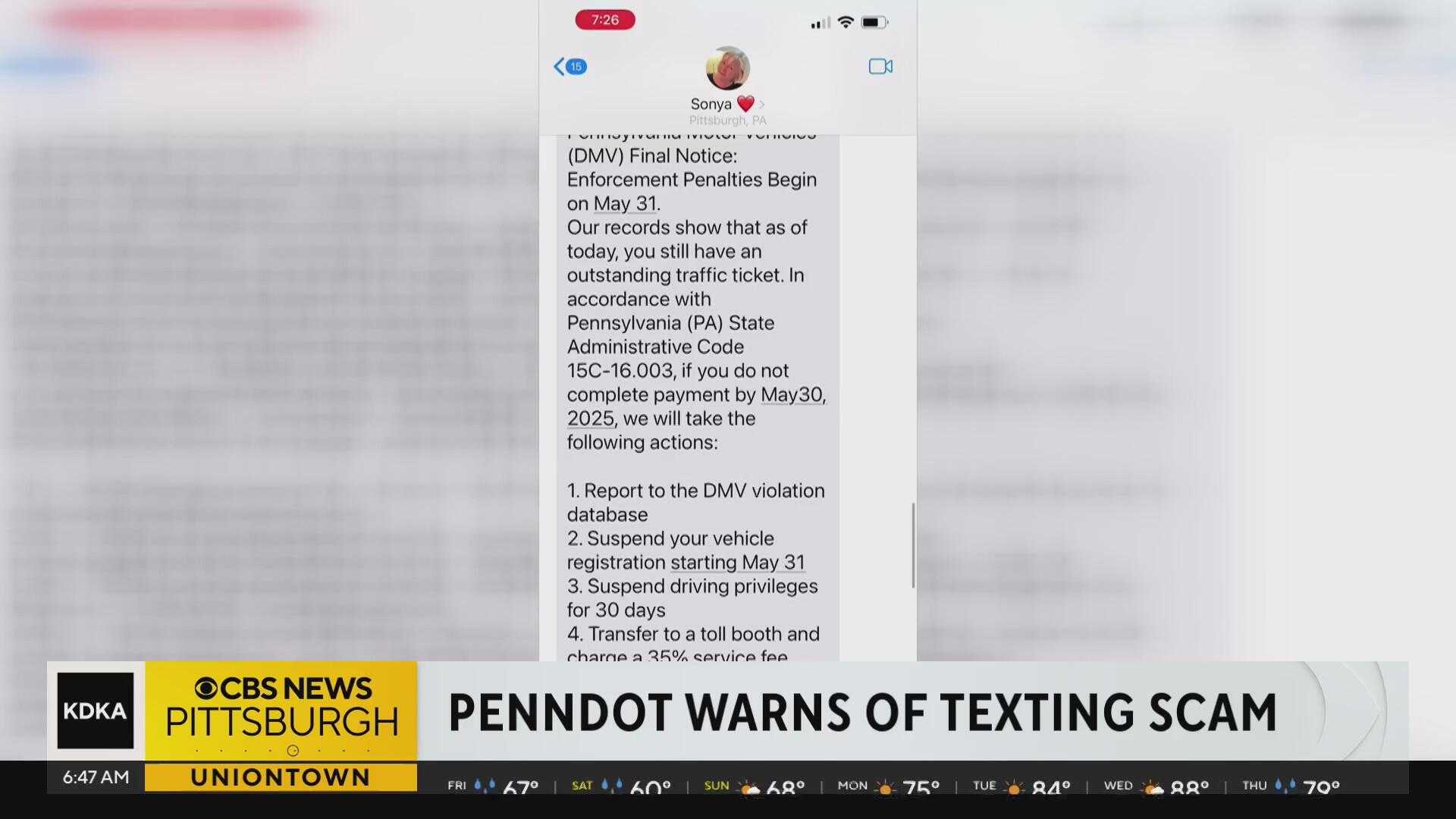News
Authorities Warn of Text Message Scam Targeting Drivers Nationwide

PHILADELPHIA, PA — Authorities across the United States are warning residents about a text message scam that falsely claims drivers owe money for outstanding traffic tickets. The warnings come as the number of reported scam texts has increased sharply in May.
Officials from various states, including Pennsylvania and New Jersey, have urged citizens to be on the lookout for messages that may use phrases such as “Final Notice” or “Final Reminder.” These texts threaten that if payment is not made promptly, the recipient’s driving privileges could be suspended and claim additional penalties may follow.
In New York, DMV Commissioner Mark J.F. Schroeder emphasized, “DMV will not send you texts asking for your personal information.” This statement mirrors guidance from other states, stressing that DMVs do not issue unsolicited payment requests via text.
Illinois Secretary of State Alexander Giannoulias reinforced these warnings, stating, “The Illinois DMV will only send out text messages for appointment reminders.” Florida officials echoed similar sentiments, ensuring drivers that the FLDMV “will never contact you via text message demanding payment or threatening suspension or arrest.”
Reports indicate that these scam messages vary from state to state but generally follow a similar template, compelling recipients to act quickly by threatening penalties if they don’t respond. In one case in New Jersey, a spam text claimed, “Our records show that as of today, you still have an outstanding traffic ticket… Please pay immediately to avoid license dispensation and further legal disputes.”
The Federal Trade Commission (FTC) advises individuals who receive such texts to report them by forwarding the message to 7726 (SPAM) and warns not to click any links or provide personal information. Additionally, local law enforcement agencies like the Warren Township Police Department have outlined steps for consumers to protect themselves.
Experts recommend that individuals stay vigilant, especially the elderly, who may be more susceptible to these scams. David Brumley, a professor at Carnegie Mellon University, suggests calling the relevant DMV directly to verify any questionable communication. nMurat Kantarcioglu from Virginia Tech advises families to educate older relatives about identifying scams.
The scammers continually adapt their messaging to appear credible by using terms that mimic official government language. As authorities continue to fight against this growing trend, residents are encouraged to remain cautious with any unsolicited communications.












